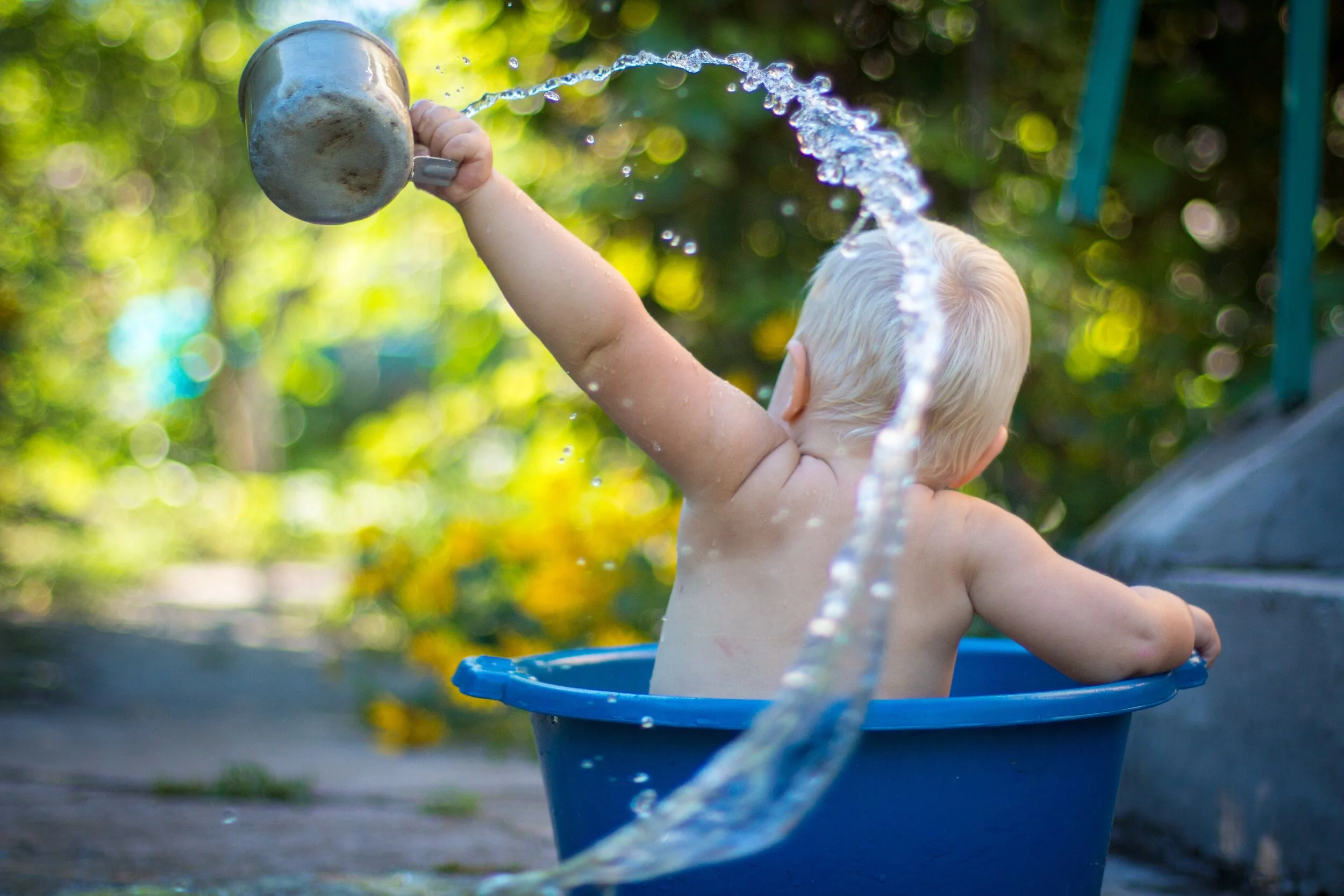
How we can help build firm foundations for your child
Some of the services we provide:
Fine motor skills
We help your child to increase upper limb strength and dexterity (fingers, hands, and arms) to be able to reach, hold and manipulate objects. This translates into increasing their ability to write, draw, play, and participate in everyday activities. Working on fine motor skills could be helpful if your child displays an immature pencil grasp, difficulty with handwriting, cutting, self-feeding (using hands or cutlery depending on age), or performing any other age appropriate tasks. Fine motor skills are particularly important for school readiness.
Emotional regulation and behaviour management
We support your child to understand and regulate their emotions and equip you as the parent to support your child and their needs. Your child will learn positive strategies and skills, gain a better understanding of their emotions and practice how to manage them. We work very closely with parents and support you to identify and respond to your child’s emotions in ways that not only help them to regulate but also build a stronger bond between you and your child.
As a Tuning into Kids facilitator, Ainslie can guide you through the program to improve and enhance parent-child relationships, your parenting, and your child’s emotional competence and behaviour. Parents report wonderful improvements from this evidence-based program.
School transition support
We help your child to strengthen skills required for school. Kinder aged children may benefit from support with the following:
Attention for table-top tasks and mat time
Emotion and behaviour regulation
Social skills and play skills
Handwriting and fine motor skills
Increasing flexibility and ability to transition from one setting or task to another
General and separation anxiety management
Increasing comfort and confidence to ask for help to ensure they don’t fall through the cracks or get left behind
Feeding
We work with children who may be described as problem feeders or fussy eaters, to reduce food refusal and anxiety associated with food and mealtimes. Food familiarisation, desensitisation and exploration is incorporated into play to increase acceptance of foods in a fun and relaxed environment.
Social skills
We foster skills that help your child to engage with their peers and interact appropriately with others. Some children need support to read social cues or understand social dynamics so they can join in the play of their peers.
Play skills
We foster your child’s cognitive and social skills by supporting the development of their play. Play is how children learn and practice all skills and the way children play can also reflect their current stage of development. As pretend play is a precursor to language, working on imaginative play also supports communication development. Your child may need support initiating play ideas or continuing their play sequences to reach play and development milestones to further their learning in other areas.
Self care
We help children to gain a greater independence with everyday tasks (and the skills that underpin them). We’ll support your little one to become more confident in performing age appropriate life skills such as: dressing, self-feeding, toileting and bathing.
Sensory processing
We support children to self-regulate and manage their sensory needs. Every child processes sensory information in a unique way, whether they have difficulty tuning into what is going on around them or whether they find it challenging to filter some of the sensory information that bombards us (sound, touch, vision, pressure, movement). When this processing does not happen efficiently or automatically, a child may experience difficulties. Some children can feel overwhelmed (over reactive) at times and others can miss important information and have difficulty tuning in (under responsive). Your child might need support if their sensory needs are impacting their everyday functioning. This can present in the following ways (to name a few):
Appears to be “bouncing off the walls”, seeks a lot of movement and has difficulty being still for short periods.
Becomes very anxious in certain environments and refuses to engage.
Emotional outbursts/tantrums or severe withdrawal.
Appears rough, impulsive and intrudes on other’s personal space.
Refuses to engage with or becomes distressed by certain textures or messy play









